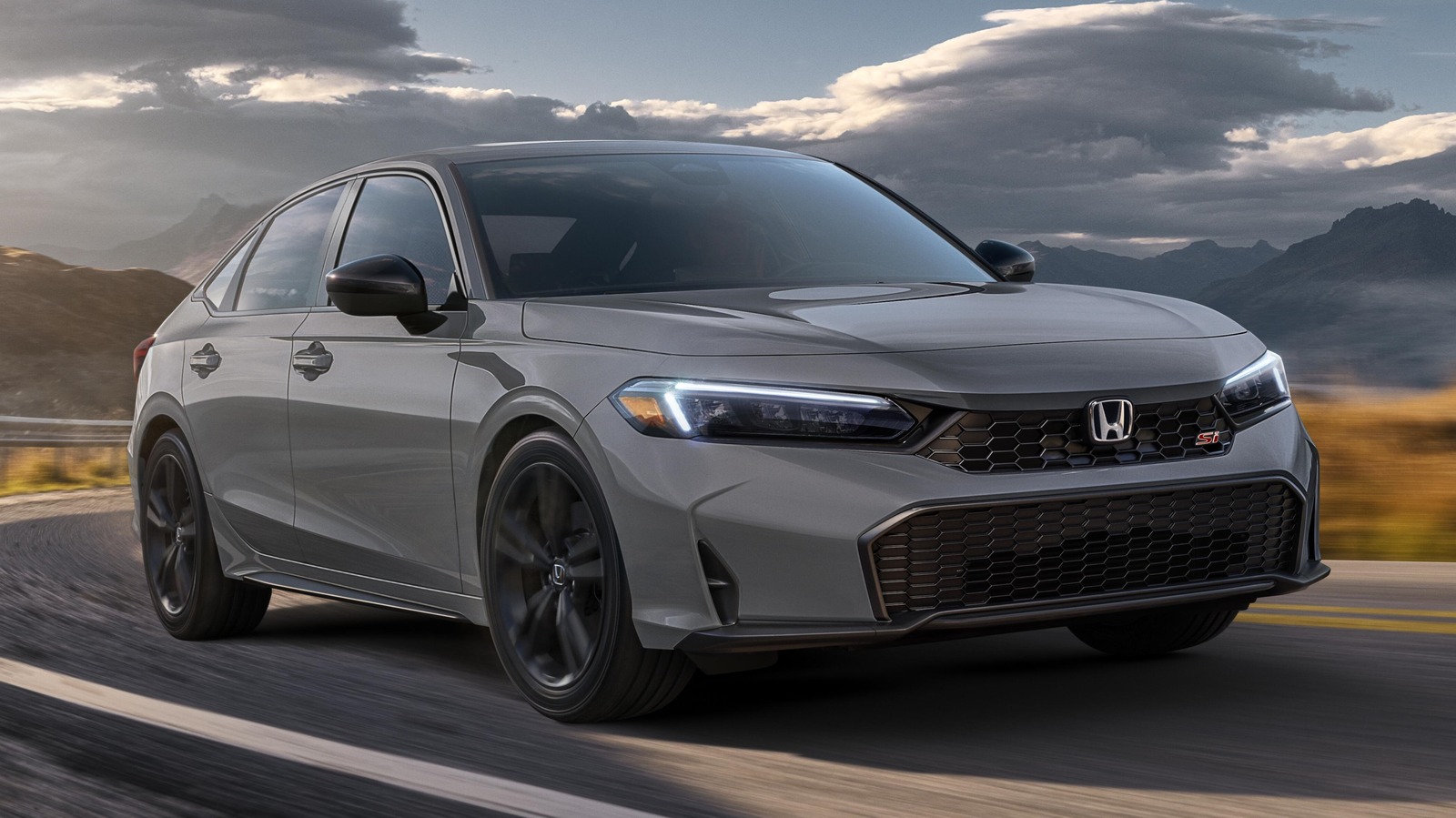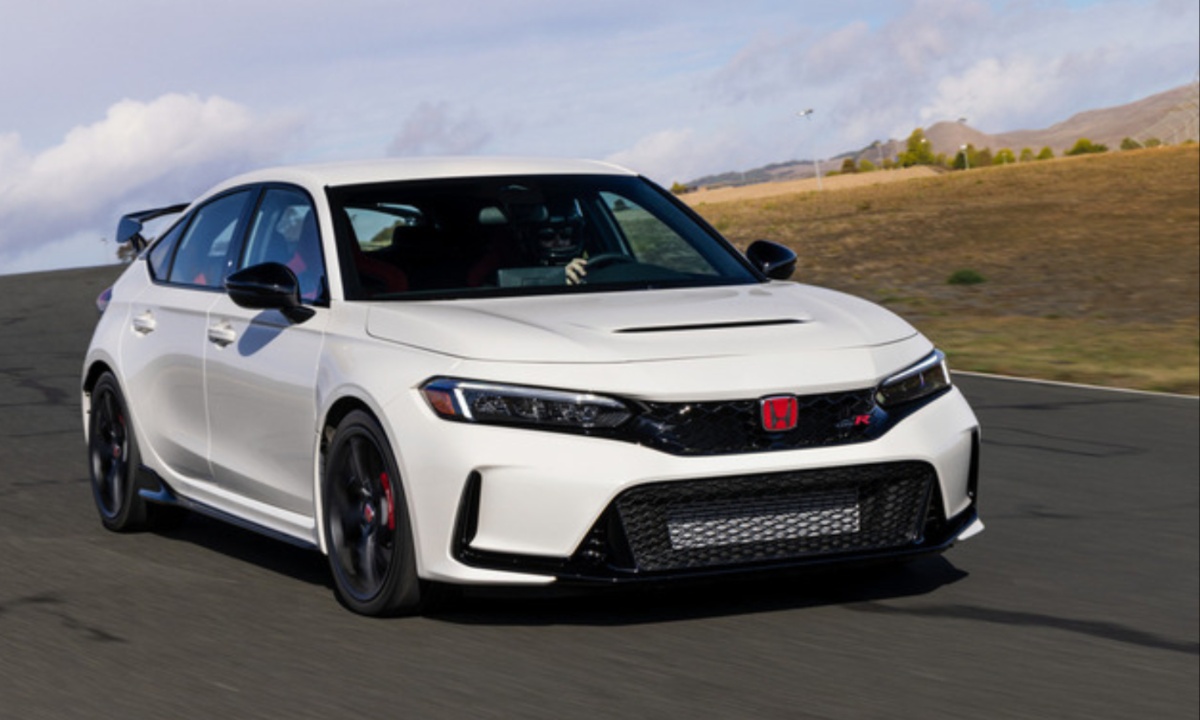The Honda Civic, with over five decades of continuous production, has cemented itself as one of the most enduring and beloved small cars globally. Renowned for its practicality, fuel efficiency, and affordability, the Civic has continually adapted to changing market demands while retaining the core attributes that make it a favorite among car buyers. Despite significant evolutions over the years, today’s Civic remains a testament to Honda’s commitment to innovation and reliability.
Both new and used Civics enjoy immense popularity, offering diverse trims and body styles that cater to a wide range of preferences and budgets. Whether it’s a fresh-off-the-lot 2025 model or a well-maintained older generation, the Civic consistently provides excellent value. Before purchasing, understanding its various models, trims, and features is crucial for making an informed decision.
1. Pricing and Affordability
Affordability is at the heart of the Civic’s appeal, with the 2025 lineup starting at $25,345 for the base LX Sedan. Higher trims, like the Sport and hybrid versions, add features such as heated side mirrors and larger alloy wheels, with prices scaling accordingly. Hatchback trims begin at $28,545, while the performance-focused Civic Si and Type-R cater to enthusiasts, with the latter priced at $45,890.
Even at the top of the range, the Civic remains competitive in its segment. This pricing structure ensures there’s a Civic for every buyer, from those seeking basic transportation to those craving luxury or performance.
2. Depreciation and Value Retention
The Civic’s strong resale value is another hallmark of its appeal. It depreciates slower than many competitors, retaining around 55% of its value after five years, compared to the 60% average depreciation rate for other cars. This makes the Civic an excellent long-term choice for minimizing costs.
While slightly pricier than competitors in the used market, the Civic’s reliability and desirability justify the investment. Its slower depreciation is a testament to its build quality and enduring popularity.

3. Efficiency Across the Range
Fuel efficiency has always been a Civic strength. Hybrid trims achieve EPA ratings of 50 mpg city and 47 mpg highway, while non-hybrid models deliver up to 46 mpg combined. Performance models like the Civic Si and Type-R prioritize power over efficiency, with the Type-R achieving 24 mpg combined.
These variations make the Civic adaptable to a wide range of priorities, from eco-conscious buyers to those seeking spirited performance.
4. Hybrid and Non-Hybrid Powertrains
Honda offers the Civic with both hybrid and non-hybrid powertrains in sedan and hatchback configurations. Non-hybrid models feature a 2.0L four-cylinder engine producing 150 horsepower, paired with a CVT transmission. Hybrid versions combine the same engine with electric motors for a total of 200 horsepower. Unlike some competitors, the Civic remains front-wheel-drive only.
Standard across all trims is Honda Sensing technology, which includes adaptive cruise control, lane departure warning, and forward collision warning, ensuring safety for every driver.
5. Performance Models: Civic Si and Type-R
The Civic Si strikes a balance between practicality and driving excitement, featuring a 200-horsepower turbocharged 1.5L engine. Enthusiasts appreciate its engaging handling and affordability, making it an ideal option for those who want thrills without sacrificing everyday usability.
The Type-R takes performance to the next level with a 315-horsepower turbocharged engine and manual transmission. Though priced higher, it offers a blend of track-ready performance and practicality, making it a standout in the hot hatch segment.
6. Used Market Appeal
The Civic’s reputation for reliability ensures strong demand in the used market. Recent generations, like the 10th (2016–2021) and 9th (2012–2015), offer modern features and solid performance. The 10th generation introduced the Type-R to the U.S., enhancing its appeal to enthusiasts.
When shopping for used Civics, checking maintenance records and inspecting the vehicle thoroughly is essential. While the Civic is known for durability, poor upkeep by prior owners can impact its reliability and value.
7. Years to Approach with Caution
Certain Civic model years have faced reliability concerns. The 2006 and 2007 models were notably problematic, with issues like defective rear suspensions and coolant leaks leading to engine failures. The 2001 Civic also struggled with engine and airbag problems, even after a 2019 recall.
Buyers considering these years should proceed with caution, ensuring proper maintenance records and recall resolutions before purchase.
8. North American Manufacturing
Most Civics sold in the U.S. are produced in North America, with sedans made in Canada and hatchbacks in Indiana. This localized production supports quality control and regional economies. The high-performance Type-R, however, is imported from Japan, underscoring its distinct status in the lineup.
Honda’s North American production history spans over 35 years, reflecting its commitment to delivering high-quality vehicles to its largest markets.
9. Competitors in the Segment
The Civic competes with strong rivals such as the Toyota Corolla, Mazda3, and Hyundai Elantra. Each brings unique strengths, from the Corolla’s hybrid efficiency to the Mazda3’s upscale interior and the Elantra’s bold design and affordability. Despite this competition, the Civic stands out for its balance of performance, reliability, and practicality.
Its ability to hold its own in a competitive market demonstrates Honda’s skill in evolving the Civic to meet modern demands while staying true to its strengths.
The Honda Civic remains a benchmark in the compact car segment, thanks to its adaptability, reliability, and wide appeal. With options ranging from fuel-efficient hybrids to high-performance variants, it offers something for every buyer.
Whether considering a new 2025 model or exploring the used market, the Civic delivers exceptional value and versatility. Its combination of affordability, efficiency, and engaging driving dynamics ensures it will remain a popular choice for years to come.

